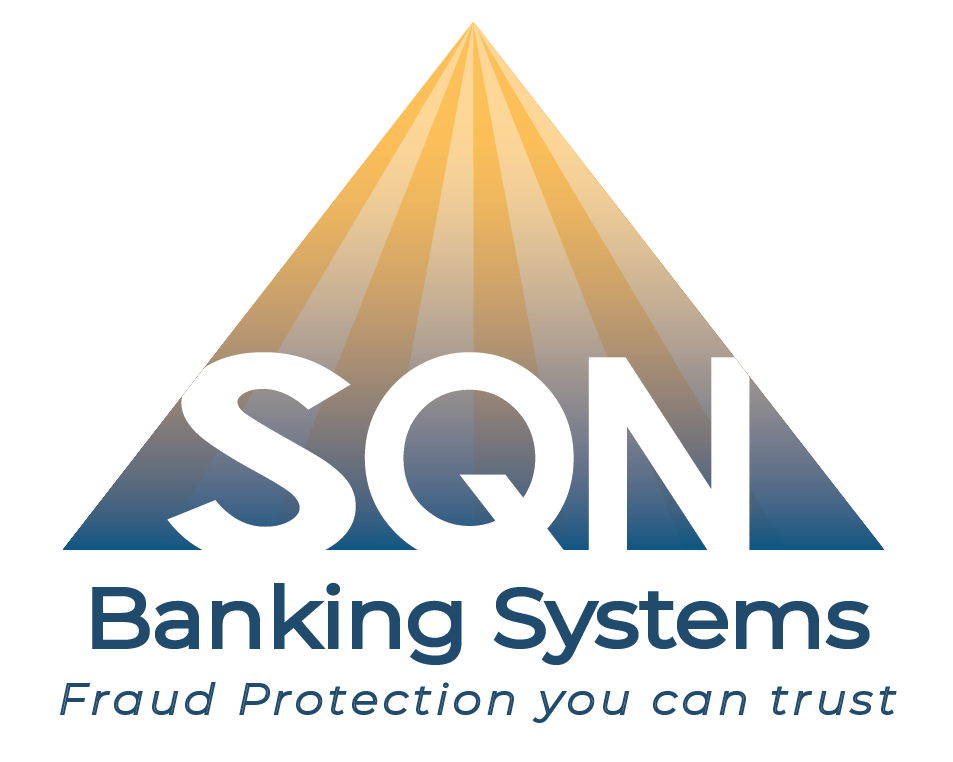How to Reduce Fraud Risks During the Recruitment Process at Your Bank

A lot of the discussion about bank fraud centers around outfitting your financial institution with the right anti-fraud tools — and investing in anti-fraud solutions is critical. But you also need to consider the human element. Your employees are often your first line of defense against fraud.
Your tellers directly engage with the people who may be depositing fraudulent checks or acting as mules. Your anti-fraud team has to actively review transactions that might be fraudulent. Your accounting and bookkeeping staff protect your bank from social engineering attacks.
Beyond defending your financial institution from fraud attacks, your employees also have to resist the allure of becoming criminals themselves. Unfortunately, a lot of bank fraud comes from the inside. To protect yourself and your customers, you need to focus on reducing the risk of fraud during the recruitment process. Keep these tips in mind.
1. Validate applicant details.
Don’t necessarily trust everything that applicants say on their resumes or during the interview. Validate their claims by running background checks and contacting previous employers. If a candidate lies on their application, they are likely to continue lying while employed by you.
2. Run credit checks.
Your employees will be handling cash and customer’s private details. If they have financial problems or a history of unpaid bills, they may be tempted to steal money or data from your bank. To weed out potential threats, look for candidates with good credit ratings and a responsible attitude toward finances.
3. Consider integrity testing.
Integrity tests are a specific type of personality test designed to assess applicants’ integrity. These tests ask questions that measure candidates’ trustworthiness, compliance with rules, and attitudes toward authority, accountability, and honesty.
If you don’t want to subject candidates with a personality test, include questions that assess these elements in the interview process. For example, to assess accountability, you may ask about a time they took personal responsibility to meet a goal at a previous job or in their personal life.
4. Ask ethical questions during the interview.
When interviewing prospects, ask strategic questions to learn about their attitudes toward fraud. You can ask questions about concepts such as code of conduct violations, intellectual property theft, or privacy concerns.
For example, you may want to ask questions such as, do you think it’s worse to steal from large corporations or small businesses. If someone immediately answers “small businesses”, you can tell that they have already thought about this issue and convinced themselves that it isn’t a “big deal” to steal from an entity that earns a lot of profits. However, if they think about their answer and say “neither”, that gives you a clue that they are opposed to theft in any form.
5. Look for a strong cultural fit.
Employees who fit well with your organizational culture tend to work harder and be more productive, but they are also less likely to commit bank fraud. People don’t want to betray people and organizations they care about.
If your employees feel like an outcast or an outsider, they may be more likely to engage in fraud. It’s easier to steal from an entity that you don’t respect or care about. In this same vein, you should also work to cultivate a culture of openness, honesty, and respect once you have hired someone.
To protect your financial institution from fraud, you need hard-working, honest staff members who are committed to the security of your institution, but they can’t do it on their own. You also need the right tech tools in place.
At SQN Banking Systems, we have a wide range of anti-fraud tools and solutions that can help your financial institution detect and prevent fraud. To learn more, contact us today. We can start by looking at your current anti-fraud efforts. Then, we can customize a solution that addresses your weak points and provides the most protection possible to your bank.
